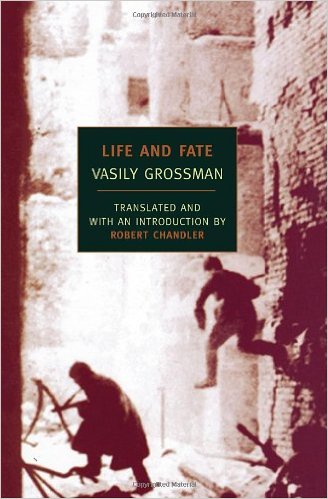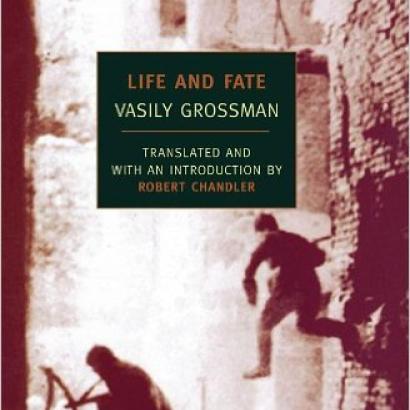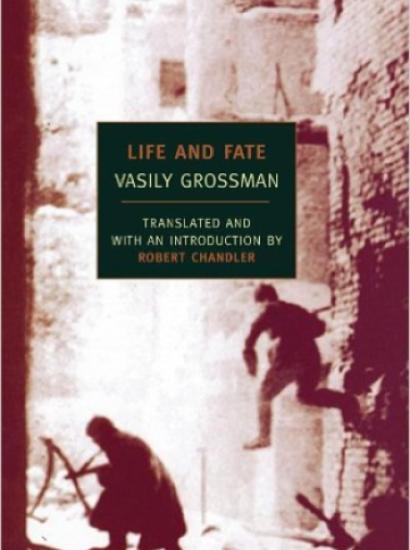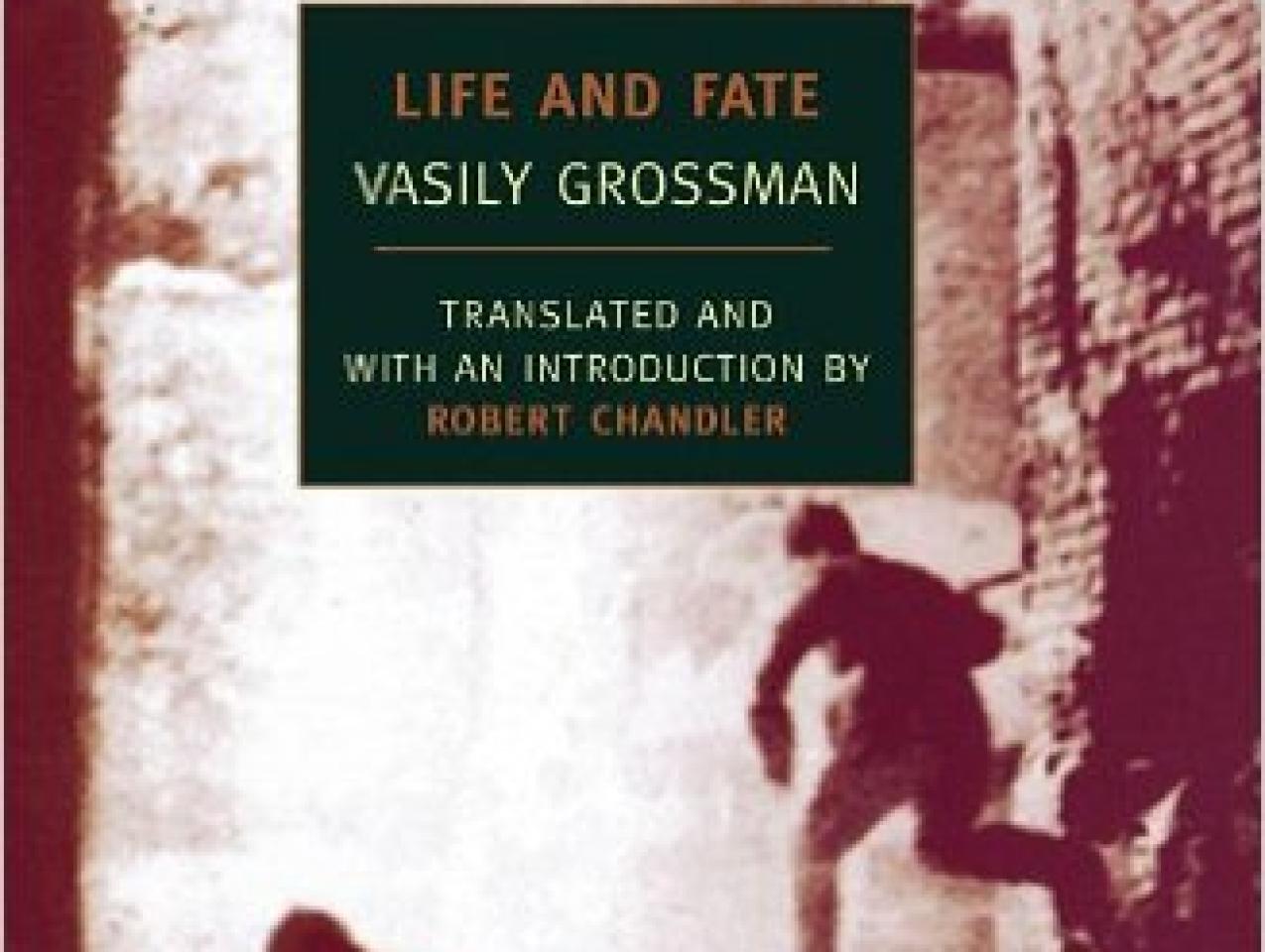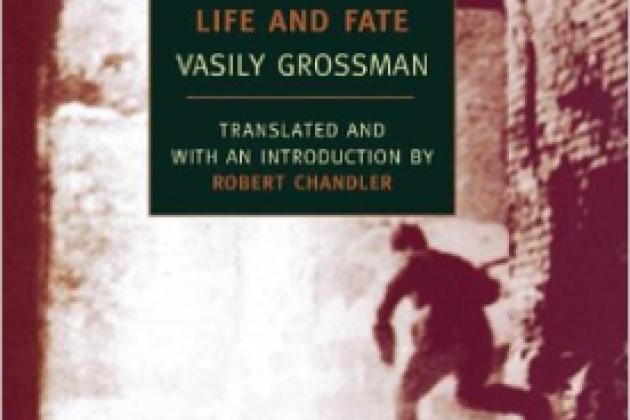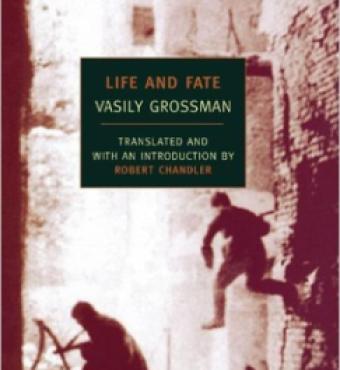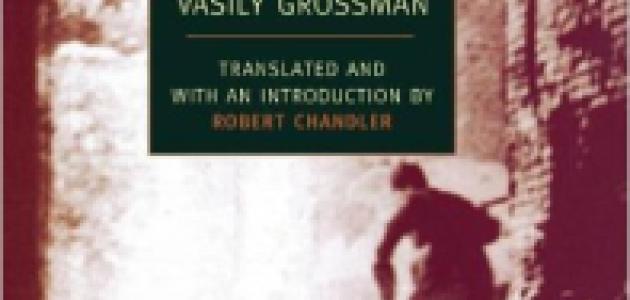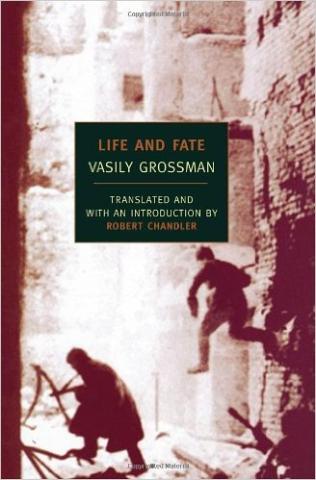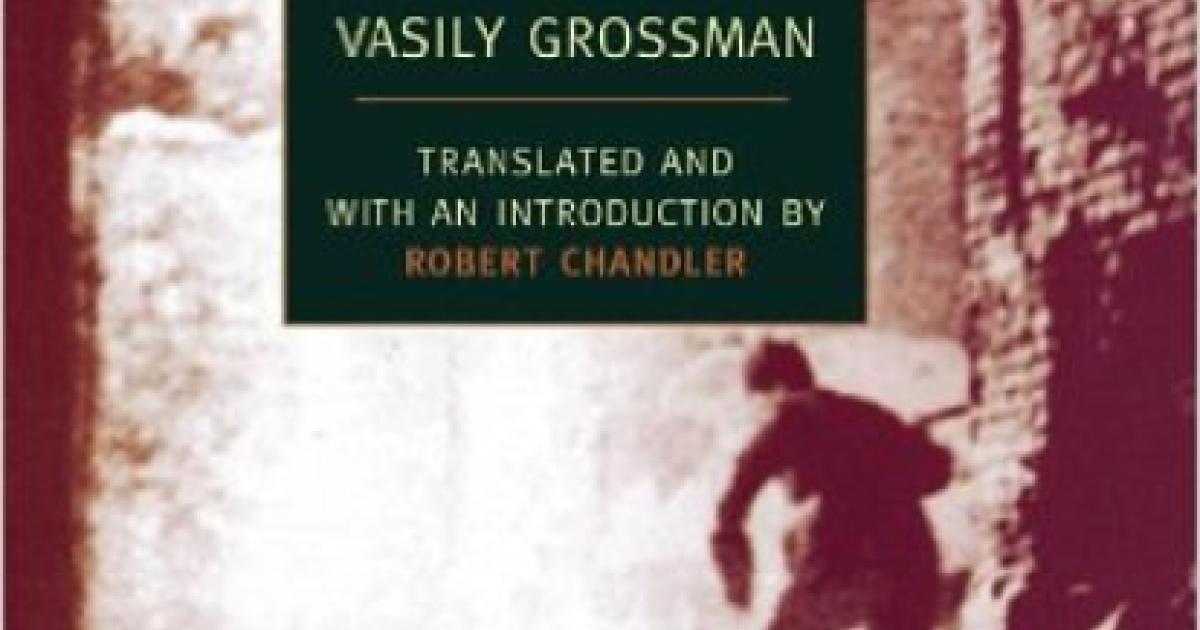If War and Peace was the greatest novel to arise from the War of 1812, Vassily Grossman’s Life and Fate is its equivalent for the Russo-German struggle that started with Hitler’s Operation Barbarossa in June 1941 and was only to end with his suicide in April 1945. Grossman, a reporter for the Krasnaya Zvezda (Red Star) newspaper, was a journalist was specialised in interviewing the “frontoviki” (front-line troops) at the battles of Moscow, Stalingrad, Kursk, and Berlin, including General Vasily Ivanovich Chuikov, the Red Army’s battlefield commander at Stalingrad. He therefore had a well-attuned ear for the vernacular of Russian soldiers from the highest to the lowest in all circumstances, and he shared many of their hardships. He saw some of the worst horrors of the war, and was present, for example, at the liberation of the Treblinka concentration camp.
This is a big Russian novel on the scale of Dostoevsky or Turgenev, with a huge cast of characters, but unlike many books covering the subject of the Russo-German struggle it never falls into the trap of becoming mere Soviet propaganda. Grossman was something of an outsider in the Red Army due to his Jewishness, moreover one who felt deeply betrayed by the Bolsheviks’ growing anti-Semitism under Stalinism. Indeed after the war his lack of sycophancy to Soviet orthodoxy saw his masterpiece—and even the typewriter ribbon on which it was written—confiscated by the KGB, who told Grossman that Life and Fate could not be published for two hundred years. Heartbroken, he died of cancer in 1964 with the book still unpublished. It only finally got into print in 1988 at the time of glasnost just prior to the collapse of the USSR. It is today widely—though not yet widely enough—recognized as a truly stupendous work of literature, as well as of autobiography and military history.







